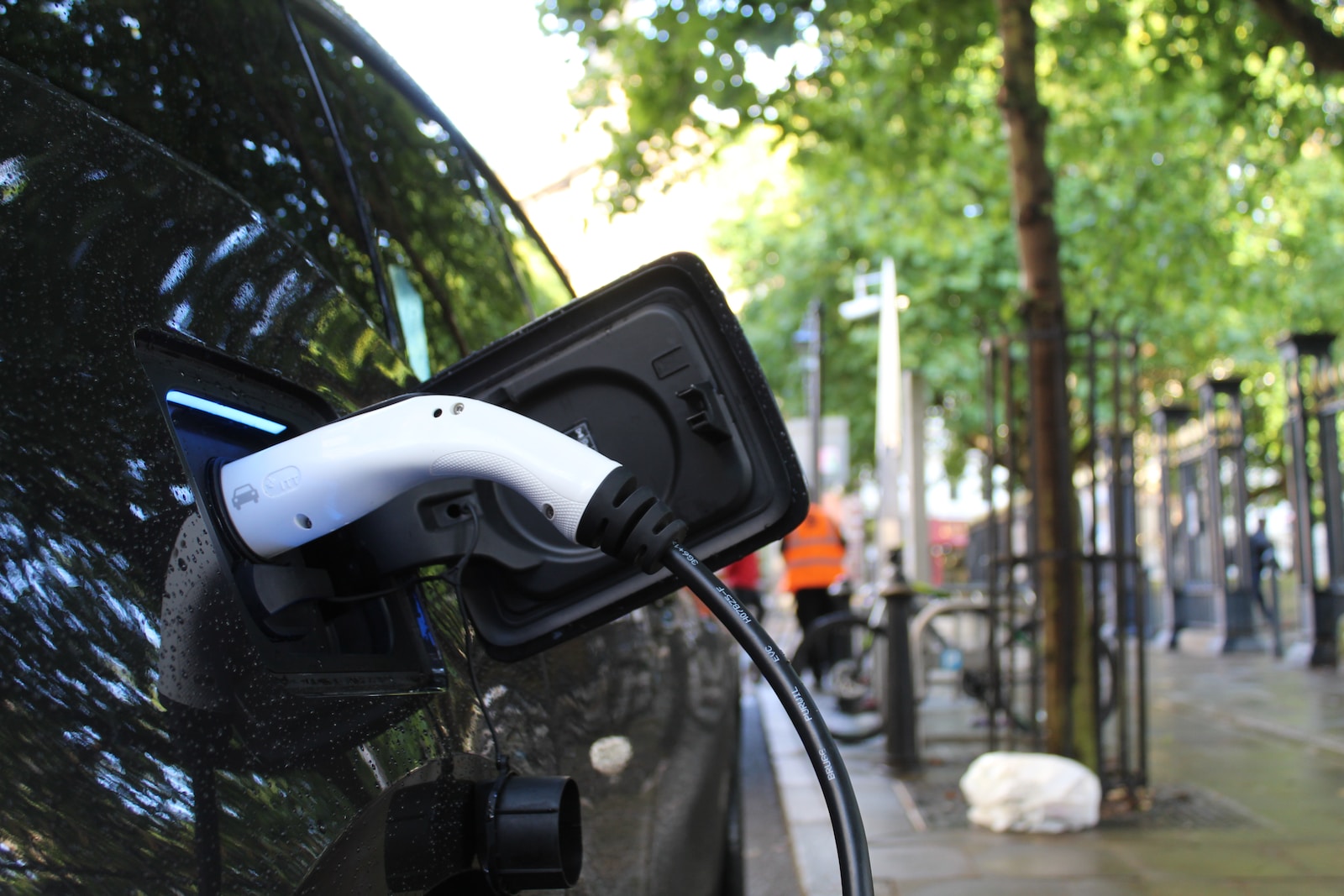
Photo by Andrew Roberts on Unsplash
Fewer Than 20 Vehicles Eligible for Shrinking EV Tax Credit List
January 2, 2024
New battery sourcing guidelines implemented by the U.S. Treasury on Monday have reshaped the EV market dynamics. These regulations were designed to reduce the U.S. dependency on China for EV batteries. Consequently, many popular electric vehicle models, such as the Nissan Leaf, Tesla Cybertruck All-Wheel Drive, certain Tesla Model 3 variants, and Chevrolet Blazer EV lost their eligibility for tax credits of up to $7,500.
What was once a list of 43 models qualifying for U.S. EV tax credits is now whittled down to just 19. However, this list may still see changes as manufacturers continue to submit their vehicle eligibility data. Tesla has indicated the potential qualifying status for its Cybertruck’s federal tax credit later in 2024. The new regulations allow buyers to claim this tax credit at the selling dealership, subject to specific limits on vehicle price and buyer income.
Several previously eligible vehicle models, like the Volkswagen ID.4, Tesla Model 3 Rear Wheel Drive, BMW X5 xDrive50e, Audi Q5 PHEV 55, Cadillac Lyriq, and Ford E-Transit, didn’t make the cut. But Volkswagen remains optimistic about its MY2023 ID.4s and MY2024 ID.4s meeting the new eligibility requirements. Nissan is also undertaking efforts with its suppliers to regain the Leaf’s tax credit eligibility.
The Treasury has expressed that automakers are actively amending their supply chains to maintain buyer eligibility for the new clean vehicle credit, which aims to foster U.S. job creation and investment.
Meanwhile, Ford Motor and General Motors have also reacted to these changes. Ford announced that its E-Transit, Mach-E, and Lincoln Aviator Grand Touring plug-in hybrid would lose the $3,750 tax credit, but credits would remain for the F-150 EV Lighting and Lincoln Corsair Grand Touring. General Motors disclosed that all EVs, except for Chevrolet Bolt, would face temporary tax credit ineligibility. However, their Lyriq and Blazer EV are expected to regain eligibility by early 2024 after a sourcing shift.
The 2022 Inflation Reduction Act demanding North American assembly for vehicle tax credit eligibility has eliminated almost 70% of the then-eligible models. On Jan. 1, Tesla’s Model 3 Rear-Wheel Drive and Long Range models lost their federal tax credits, while the Model 3 Performance retained its $7,500 credit. This transition in the EV market signifies ongoing changes in global policies aiming toward more sustainable, locally sourced transportation modes.
Recent News
Walgreens Settlement: What You Need to Know
Walgreens recently settled a class action lawsuit, potentially putting cash in the pockets of Americans who faced job denials due to background checks. The settlement, a result of alleged Fair Credit Reporting Act violations, offers up to $918.28 to affected individuals. While Walgreens didn’t admit fault, it agreed to pay an undisclosed sum.
California Electric Bill Overhaul: What’s Ahead
California’s electricity payment system is getting a makeover. Recently, state regulators greenlit a shift to flat-rate billing, aiming to curb surging energy costs. Under this new scheme, most customers of investor-owned utility companies will face a fixed monthly charge of $24.15, trimming the per-kilowatt-hour usage fee by five to seven cents.
AI Has Mastered the Art of Deception
AI, celebrated for its productivity-boosting capabilities, harbors a deceptive side as revealed by recent research. This unsettling finding underscores the need for heightened awareness and regulatory measures to address the risks posed by AI’s ability to induce false beliefs.
Chinese EVs Navigate Global Markets Amid Rising Trade Tensions
China’s electric vehicle (EV) sector is making strategic moves into offshore markets for increased funding, exemplified by the recent success of Zeekr, a premium EV brand under Geely, which saw its shares surge 34% in the largest US IPO by a Chinese company since 2021.


